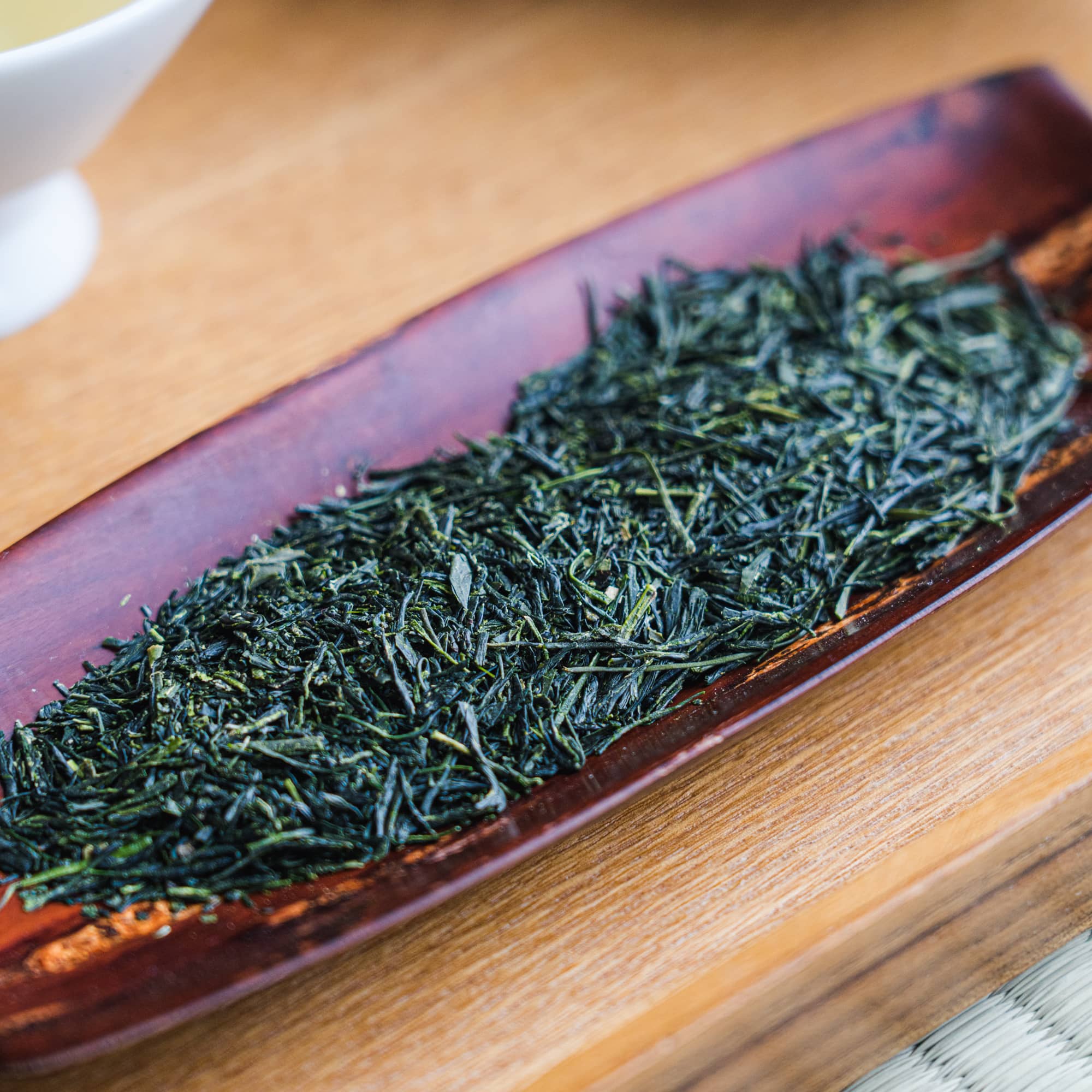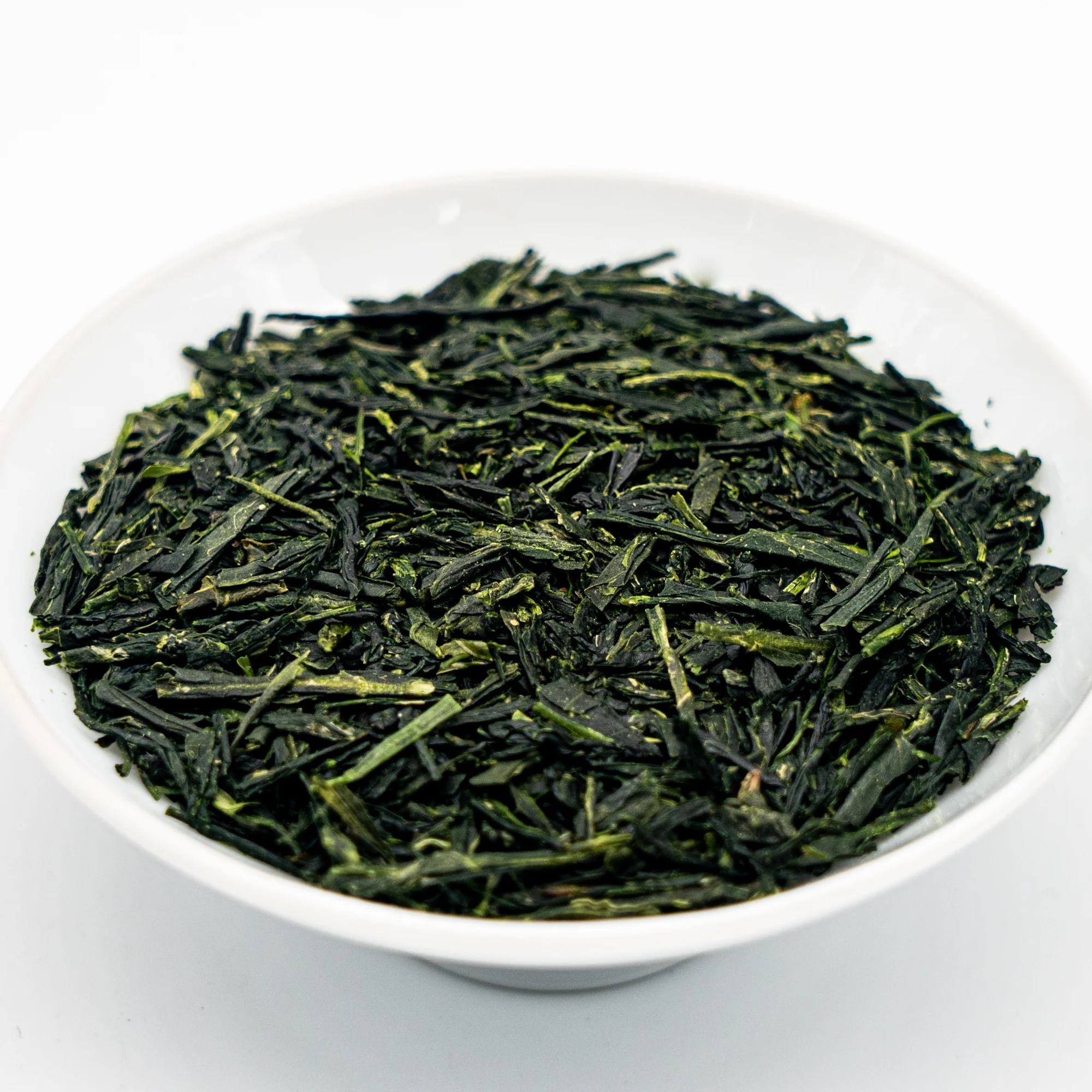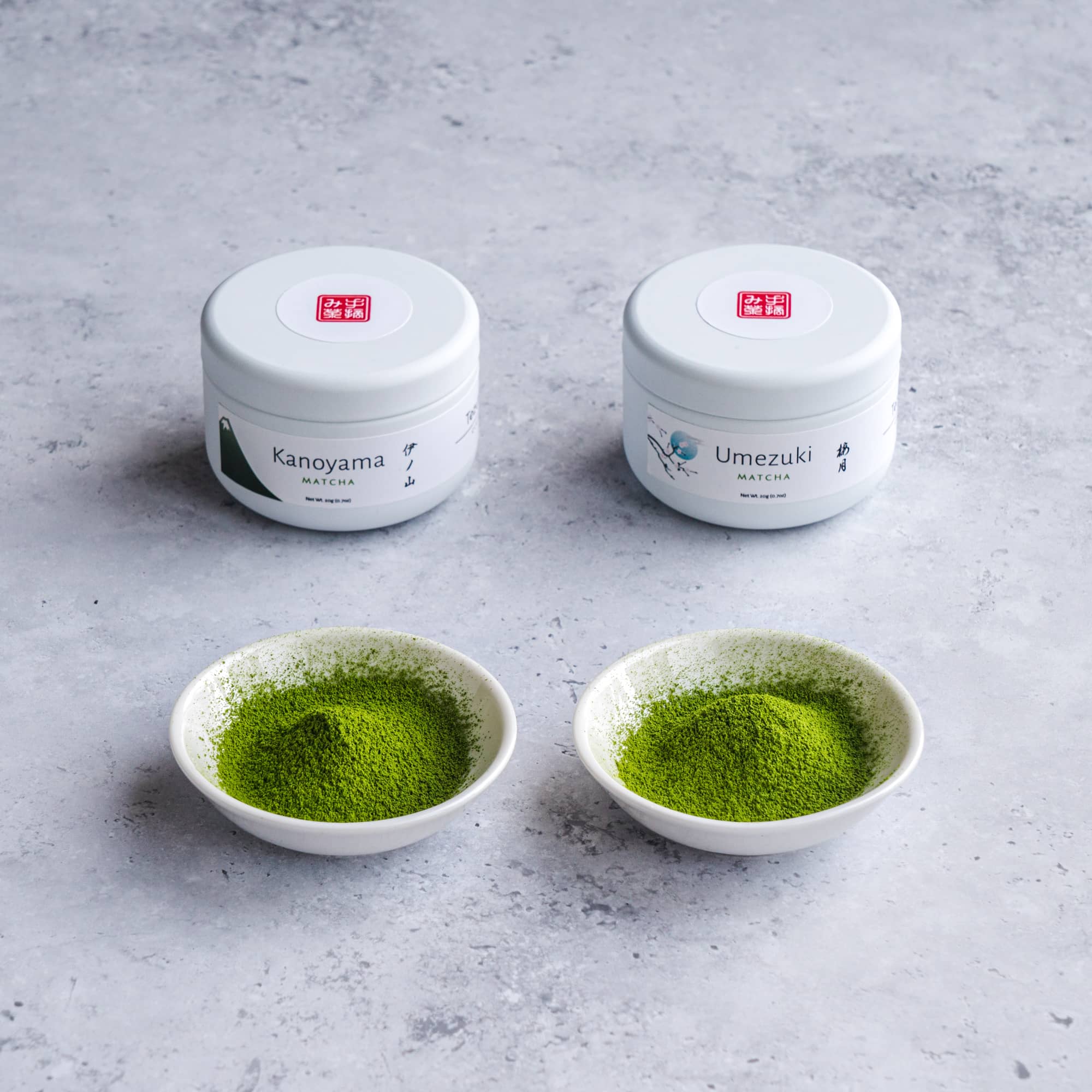A rarity amongst rarities, this exquisite white tea was laboriously hand-picked, sun-withered, and charcoal-baked, giving it a sweet, complex taste, with notes of edamame, and silky, creamy texture.
The leaves were hand-picked with one bud and 3-4 leaves, giving the tea a higher leaf-to-bud ratio than their bud and 2 leaf white tea. This makes the tea a little sweeter and less nutty.
Like all of Morisaki-san's teas, this tea was grown without the use of pesticides and chemical fertilisers.
White tea is a minimally processed tea, made by withering and drying freshly picked tea leaves, preferably under the sun. While there is no ‘fixing’ process, oxidation slows and virtually stops as the leaves dry out. After which, higher-grade white teas will undergo a subtle low temperature charcoal roasting to round out the flavour and texture. Despite this simple processing, good white tea is difficult to make, as the oxidation and flavour of the finished tea is determined only by the rate of the wither and drying. Heat, humidity, sunlight, and the arrangement of the leaves on the drying mats all have an impact on this and knowing how to manipulate them (if possible) is part of the skill of white tea making.
Japanese white tea is an incredibly recent development limited to only a handful of farmers. The labour-intensive manual picking and production mean that very little is made. What Japanese white that does exist varies drastically in taste, some are sweet and fresh, others more nutty and creamy. A few taste similar to Chinese white teas while most taste distinctly Japanese.
While Uji may be the most famous tea region in Kyoto, most tea sold as “Ujicha” is actually grown in the neighbouring town of Wazuka, located to the southeast, which produces almost 50% of Uji tea. Dating back to the Kamakura era, tea production in Wazuka has enjoyed an 800-year history. The tea plantations in Wazuka are located on the steep slopes of misty hills and mountains—an environment suitable for high-quality tea leaves, with cool air, short daylight hours, temperature differences between day and night, and well-drained soil. Cultivation of tea plants in such an environment takes a lot of time and effort, making it unsuitable for the methods of mass production employed in the flatlands.

Cultivar: 80 year-old Zairai
Region: Wazuka, Kyoto
Producer: Chaen Morifuku
Harvested: April 30, 2023
Elevation: 200m
Picking: Hand-picked (Bud and 3-4 leaves)

Brewing Instructions

Tea/Water Ratio

Water Temperature

Brewing Time
Meet the Producer
Chaen Morifuku (茶園森福)


Cultivar: 80 year-old Zairai
Our Loose Leaf Selection
View all

































